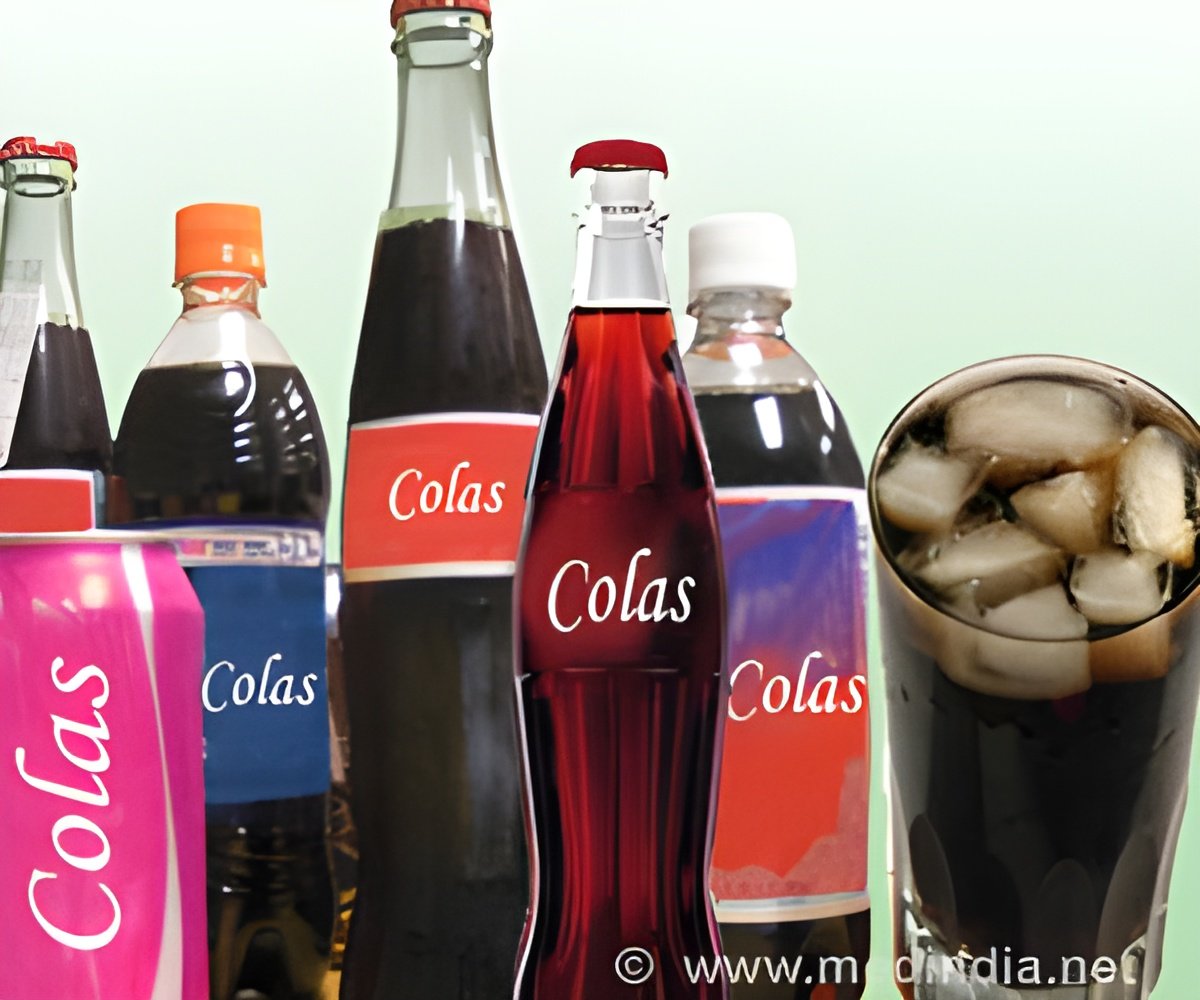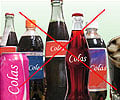Scientists in a recent study have explored the link between the consumption of sugar sweetened soda and punch with an increased risk of kidney stone formation.

The researchers analyzed data from three ongoing cohorts, the Health Professionals Follow-Up Study (HPFS), and both the Nurses' Health Study I (NHS I) and II (NHS II). The total analysis involved 194,095 participants over a median follow-up of more than 8 years. Participants in all the three cohorts had been asked to complete biennial questionnaires with information on medical history, lifestyle, and medication. Questions on diet were updated every four years. They found that participants who consumed one or more sugar-sweetened cola servings per day had a 23 percent higher risk of developing kidney stones compared with those participants consuming less than one serving per week. This was true for consuming sugar-sweetened non cola as well, such as punch. They also found that some beverages, such as coffee, tea and orange juice, were associated with a lower risk of stone formation.
"Our prospective study confirms that some beverages are associated with a lower risk of kidney stone formation, whereas others are associated with a higher risk," explained Pietro Manuel Ferraro, MD, a physician at the Catholic University of the Sacred Heart of Rome and corresponding author of this study. "Although higher total fluid intake reduces the risk of stone formation, this information about individual beverages may be useful for general practitioners seeking to implement strategies to reduce stone formation in their patients."
Source-Eurekalert















